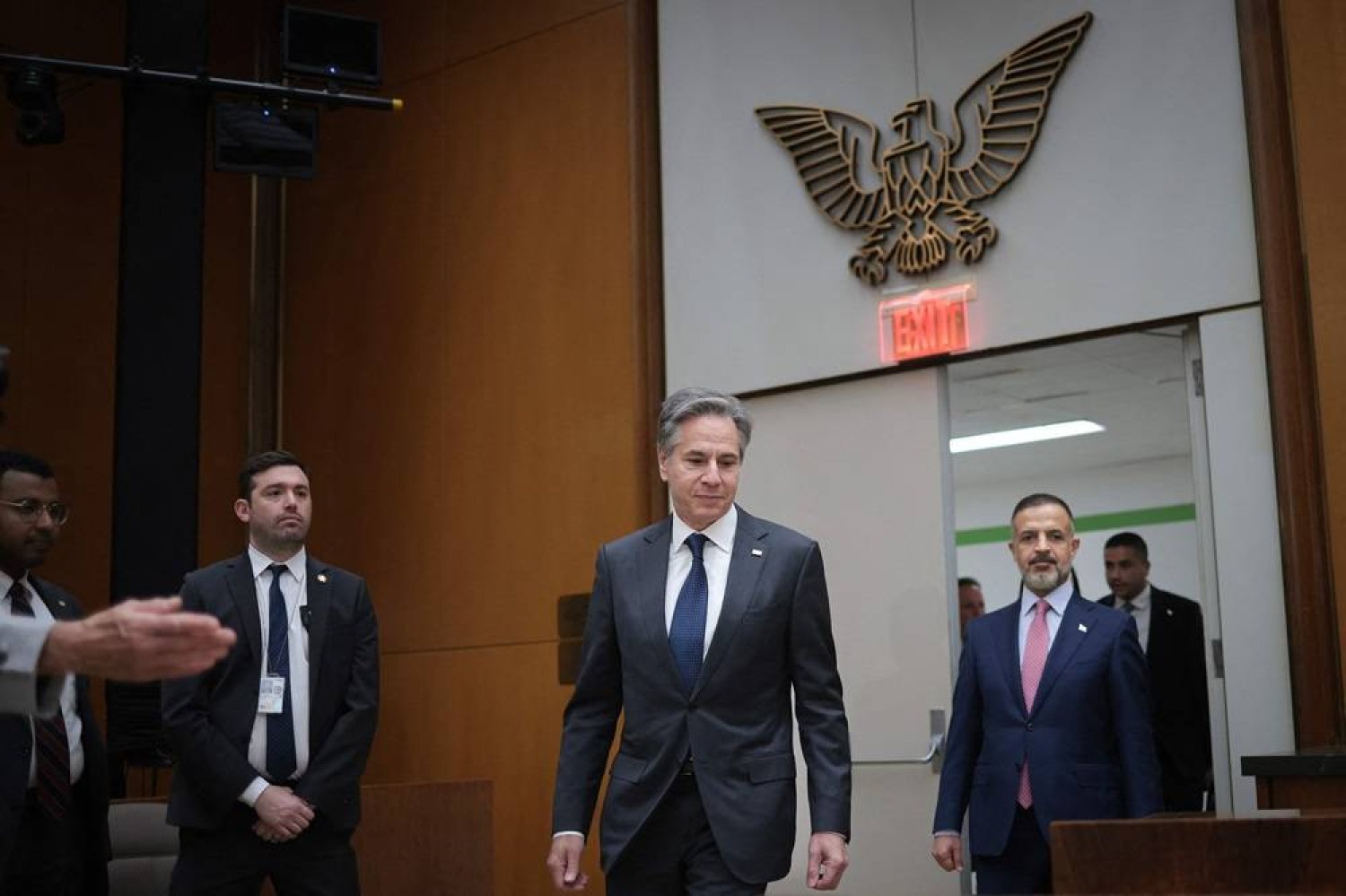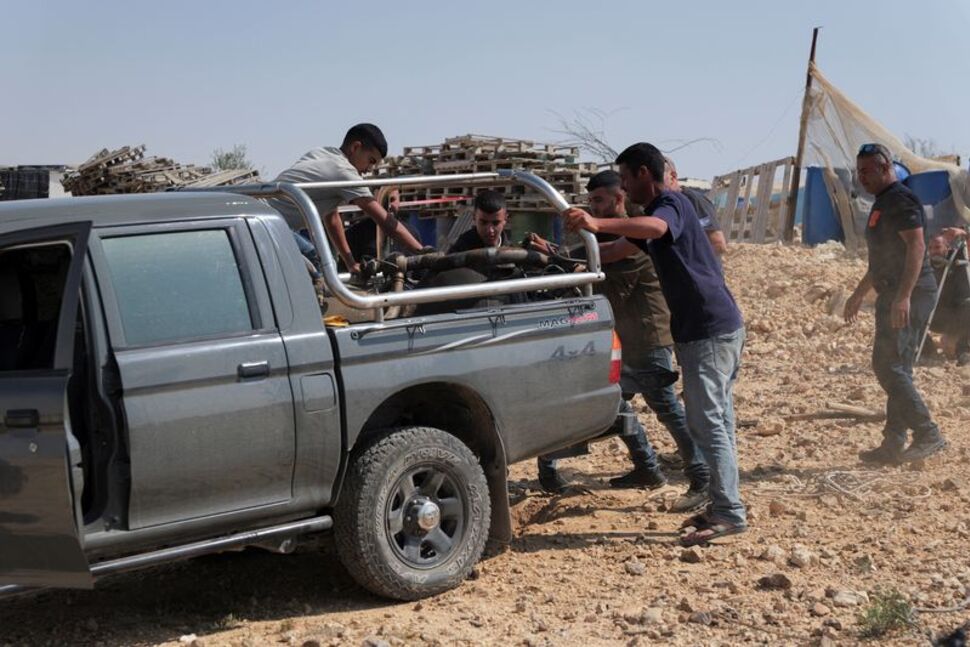Iraqi Prime Minister Mohammed Shia al-Sudani visited Washington to address soaring tensions between Iran and Israel following Tehran’s strikes over the weekend. Sudani urged restraint during talks with President Joe Biden, emphasizing the need to prevent further escalation in the Middle East. The meetings occurred as Israel deliberated its response to Iran’s attacks, with calls for moderation from both the U.S. and Europe.
As a rare ally of both the U.S. and Iran, Iraq played a significant role in the recent conflict. Iranian strikes on Israel utilized Iraqi airspace, with Iran reportedly informing Iraq and other regional countries beforehand. Sudani led a delegation that engaged with top U.S. officials, including Biden and Defense Secretary Lloyd Austin, discussing shared concerns and diplomatic principles.
Despite differing perspectives on regional issues, Sudani stressed common ground on international law, humanitarian principles, and the protection of civilians, particularly women and children. Biden affirmed the U.S. commitment to Israel’s security and advocated for a ceasefire in Gaza to prevent further escalation. He highlighted the critical partnership between the U.S. and Iraq, particularly in combating ISIS and upholding strategic agreements.

Iraqi Deputy Prime Minister Advocates Regional Restraint in US Meeting (Credits: Asharq Al-Awsat)
Deputy Prime Minister Muhammad Ali Tamim echoed Sudani’s call for restraint, expressing Iraq’s apprehension about being drawn into a broader conflict jeopardizing international security. He urged all parties to adhere to diplomatic norms and international laws to mitigate the risk of escalation. Concerns lingered regarding the influence of Iran-backed groups in Iraq, particularly amid retaliatory attacks on U.S. forces linked to the Gaza conflict.
While the U.S. welcomed Sudani’s economic reform proposals, questions remained about the influence of Shiite armed groups and their engagement in attacks against U.S. forces. With 2,500 troops in Iraq focused on preventing an ISIS resurgence, discussions revolved around transitioning to a sustainable bilateral security relationship and potentially reducing U.S. troop numbers. Talks also addressed economic ties and broader aspects of the U.S.-Iraq relationship beyond military cooperation.
Secretary of State Antony Blinken underscored the multifaceted agenda of the meetings, encompassing energy security, democracy, rule of law, climate issues, and economic collaboration. He emphasized U.S. support for Iraq’s progress and highlighted private sector interest, particularly in Iraq’s energy sector. The discussions aimed to advance Sudani’s agenda while mitigating regional tensions and promoting stability in the Middle East.























